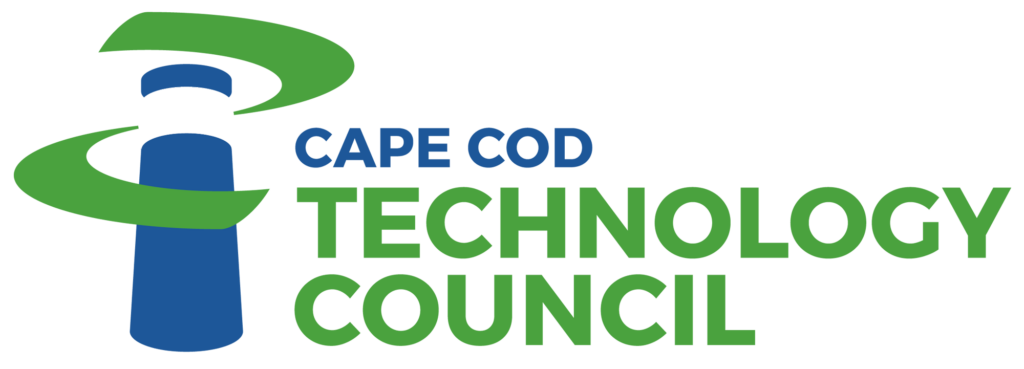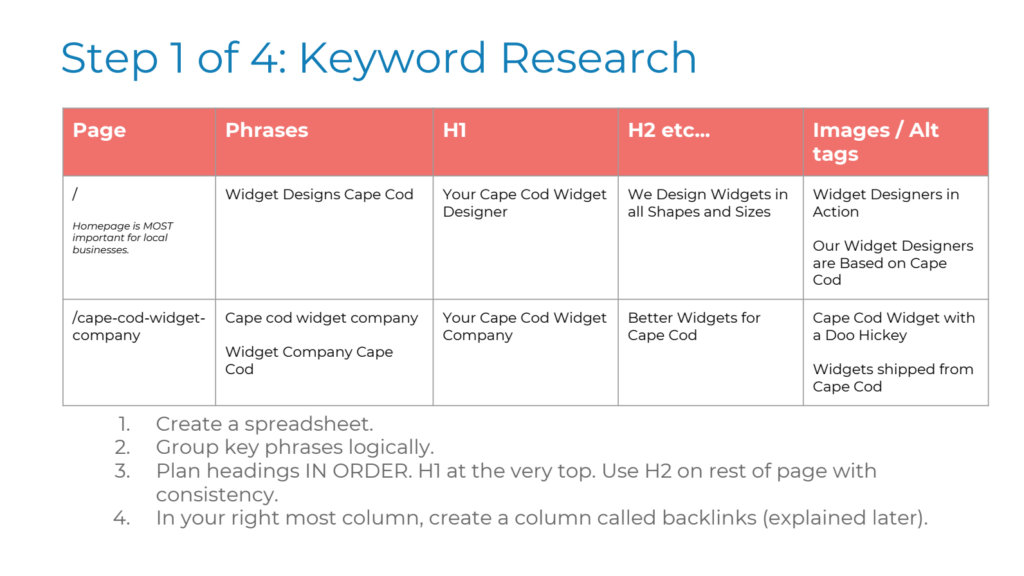 If you’re confused by SEO and what you should be doing about it, you’re not alone (and there’s a reason).
If you’re confused by SEO and what you should be doing about it, you’re not alone (and there’s a reason).
To help us all understand, Dale Shadbegian of 118 Group spoke at our First Friday breakfast series about organic Search Engine Optimization. “I don’t create messages, I format them,” he said of his work. “I can’t tell you what your strengths are, or who your clients are, but I can format it so your customers can consume it.”
To do that, he helps clients get in the sweet spots of search – aiming for the top five search results, and in the Google My Business map that shows up in local searches (e.g.“find pizza near me”).
The tricky bit is that SEO is a thing you’re not supposed to do. It’s considered spamming, and Google has taken precautions to guard against manipulating it. However, there are best practices in use that will help get you found in Google, coaxing organic results. There’s no sheet to work off of – it’s people around the world trying things and putting out there what worked for them. Dale shared a few of them with us.
Google needs to provide fast, accurate, secure answers. If they fail, people will stop using them. By optimizing your website, you help Google identify your information as helpful, timely, and virus and hacker-free. There were 130 trillion pages in 2016. How do you tell Google you’re relevant, and rise to the top of that?
Google needs to know who you are, what you do, and where you are. They also need to establish that you are legitimate and prominent in your field.
Do your research.
The Google keyword planner can tell you what real people are searching for. Think of key phrases that focus on location and intent. Be specific. Some examples are “widget designs for sale,” “find a widget designer near me,” and “hire a widget designer.” As you explore you’ll learn more about your industry.
Dale said to brainstorm for key phrases, and then create a spreadsheet that groups phrases logically. The spreadsheet then serves as a guide for how your pages are laid out.
The trick is making the text on your pages use the key phrases, but sound natural – not like it was written by a robot, or by someone trying to manipulate their way to the top of a Google search page. Make sure your page has a nice layout, and incorporate Google services (like YouTube) whenever possible.
On-page optimization
Google trusts the words you put on the page, so create or identify individual pages that incorporate your search terms. Make sure there is easy to read text, and contact information (you do need a physical address).
Off-page optimization
If you’re looking for a web designer (at a First Friday breakfast meeting, for instance) and 40 people point to the same designer, that person will be higher on your list than the person who was recommended by one. It works the same way with Google. Dale said the first step to being legitimate in the eyes of Google is to get a verified Google Business account. Second, make sure your name, address, and phone numbers are consistent wherever they are listed. Google your business and see what’s out there.
To get those 40 people pointing at you, start with directories that give free listings. Dale said to do at least 12 to get on the map. There are insurance directories, regional directories – mix it up and think of all your affiliations. Once you’ve covered the free directories, think of other prominent people or businesses in your field who have domain authority, and check to see if they will link to your site.
Next, he said to go to all the social channels you use and fill out every field with accurate information. Posting helps, and linking to your site helps. He cautioned that when you link outside of Facebook studies show the post isn’t seen by as many people (Facebook doesn’t want people leaving their site). He also said if you can only maintain one social media channel, focus on that one. Don’t have a bunch of out of date channels – and if you use video, make sure the quality reflects the quality of your work.
He doesn’t feel blogging helps your SEO. People disagree with him, but unless you have a national brand he said it’s not showing a difference. Real reviews do help, though. In theory, companies with higher stars rank higher. In his experience, satisfied customers are always happy to give reviews, especially if you provide links to where they can do it – Yelp, Facebook, Google, etc.
Landing page vs. home page
Your home page is the easiest place to rank, but if you jam too much information on there people get confused about what it is you do. Keep pages to a single theme. Have your main phrase on the home page, and then create other pages, blog posts etc. that use phrases expressing the other things you do. Pick the most important topics for your homepage, and find places to link online to your subpages.
Track and Measure
Find a tool like SEMrush, Moz Local, WebCEO, or BrightLocal to track your results, and tweak your efforts. Tools can track ranks over time, perform technical audits, track backlinks (links on other sites that link back to you), track competitors, and perform location searches. Dale said he uses SEMrush.
Hiring someone to do your SEO
If you want to get someone to do it for you, an SEO expert should be an extension to your team. They should know what’s going on with your company and be able to give advice on social media profiles, etc. Poor grammar can be a disaster, so command of the language is important. You want someone who does comprehensive research, offers natural-sounding on page analysis, and has the right tools to track and measure. He said to ask what kind of results you can expect, how long it will take, and how to get on the maps. Dale said outsourcing SEO runs about $500/month.
In the question and answer period Dale said to avoid keyword stuffing (it will be flagged by Google), have a responsive website, and be careful not to get hacked. Also, don’t post several images with the same key phrase, or links with the same highlighted text. When you create a pattern, he said those can be identified by machines and flagged. Mix it up, and don’t keep repeating the same thing, or linking to the same place. And definitely don’t go the route of Black Hat SEO. If you’re flagged as fake, it’s very difficult to recover your ranking.
In short, tread carefully and be sincere. Google doesn’t want you manipulating it, so if what you’re doing or saying doesn’t legitimately reflect what your business does, don’t do it. You want to come up as the natural answer to a search, so try to be natural about how you get links to your site. The goal has always been to deliver fast, accurate, secure answers, but how we give them information to provide those answers changes.
“What we need to think about is being a good person, and creating a good website that’s clear and useful,” he says.

